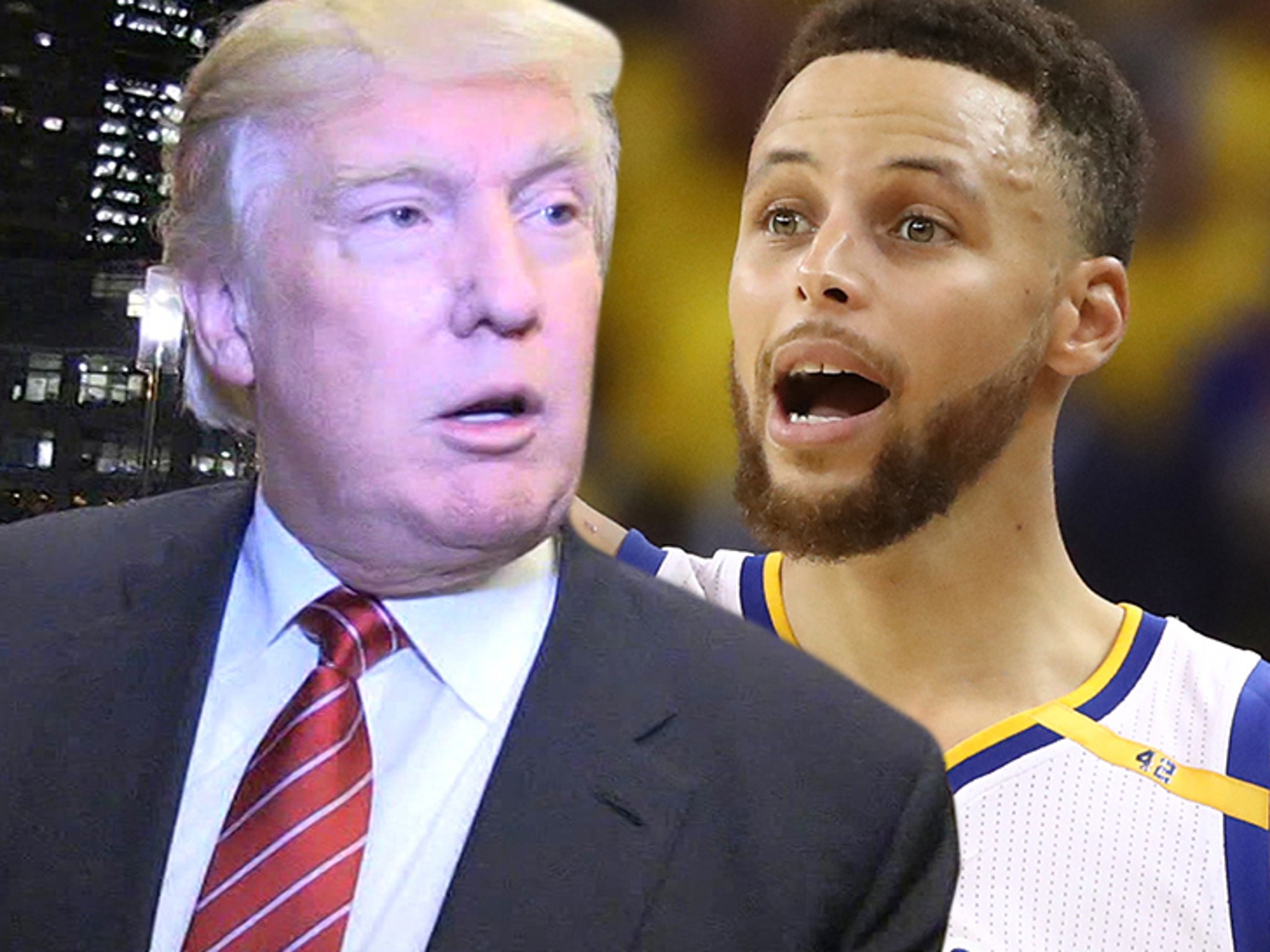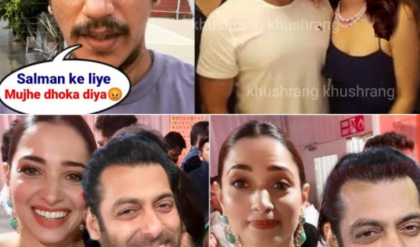In a recent public appearance in Charlotte, North Carolina, former President Donald Trump found himself at the center of controversy once again, this time involving Milwaukee Bucks superstar Giannis Antetokounmpo. During his speech, Trump attempted to praise Antetokounmpo but stumbled over the pronunciation of his name and nickname, referring to him simply as “the Greek.” This misstep drew criticism from many, considering Trump’s well-known enthusiasm for sports.

Giannis Antetokounmpo, who is not only a two-time NBA MVP but also an outspoken advocate for social justice, has been actively involved in promoting equality. Following the Jacob Blake shooting in Wisconsin, Giannis marched with protesters, donning a T-shirt that read, “Men of quality don’t fear equality.” His stance on racial issues and his efforts to create a better future for his children are well-documented. Giannis shared his fears for his black son growing up in America, emphasizing his desire for a world without hate.
Meanwhile, NBA superstar Steph Curry has reignited his long-standing feud with Trump by publicly endorsing Vice President Kamala Harris. Curry praised Harris’s energy and her efforts to unify the country, expressing excitement about her potential impact on the upcoming presidential election. This endorsement came during a visit by Harris to Team USA’s practice in Las Vegas, where she encouraged the athletes to bring home the gold from the Paris Olympics.
The tension between Trump and professional athletes extends beyond Curry and James. During his presidency, Trump frequently criticized NFL players who knelt during the national anthem to protest racial injustice. He called on team owners to discipline their players, further fueling the divide between the administration and the sports community.
As the 2024 presidential election approaches, political activism among athletes is expected to intensify. Writers like William C. Rhoden have noted that the NBA and NFL played significant roles in past protests and anticipate a resurgence of athlete-led political movements. With Vice President Harris likely to be a central figure in the election, issues of misogyny and racism are expected to surface, prompting athletes to use their platforms to support candidates and causes they believe in.
In conclusion, the ongoing feud between Trump and high-profile athletes like Steph Curry and Giannis Antetokounmpo underscores the powerful intersection of sports and politics. As athletes continue to advocate for social justice and equality, their influence on the political landscape is likely to grow, shaping the discourse leading up to the presidential election.





